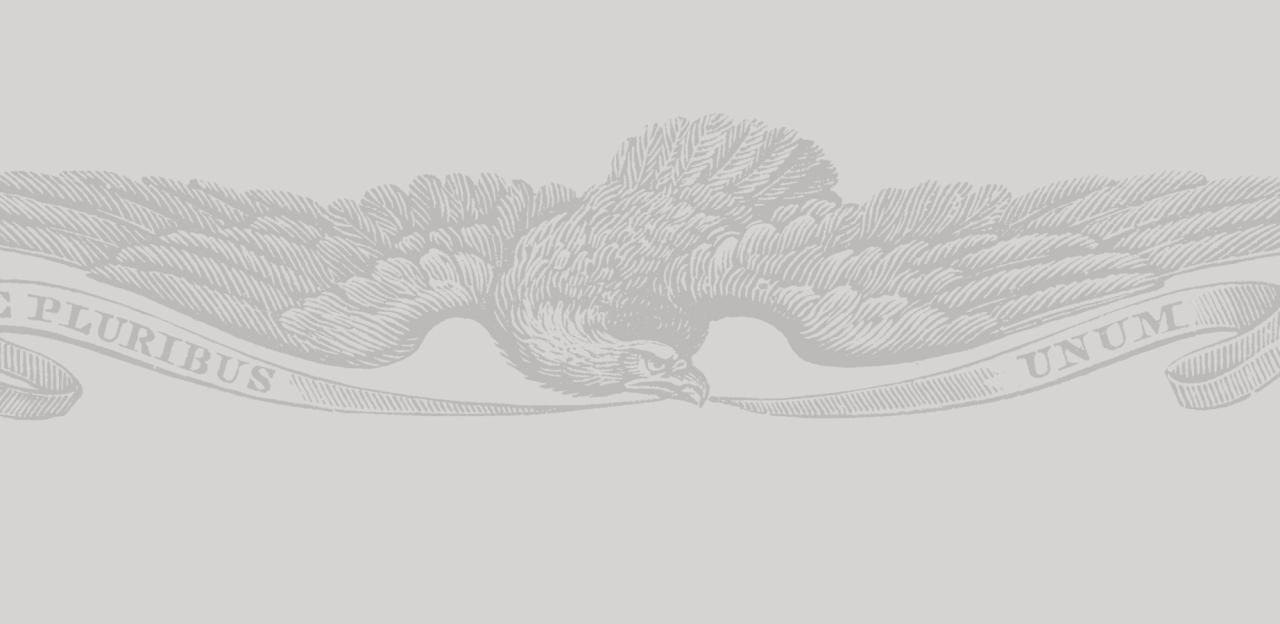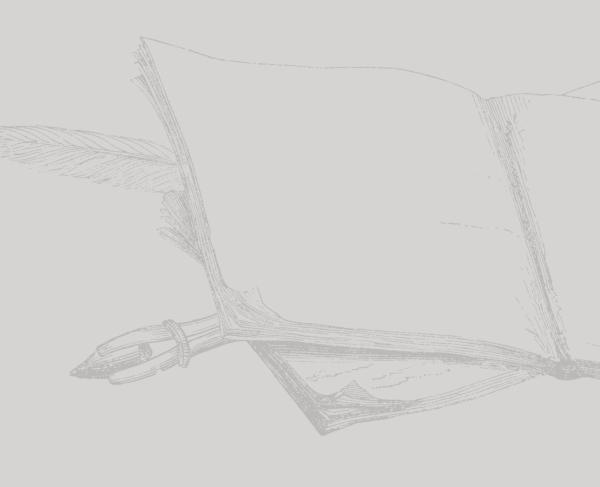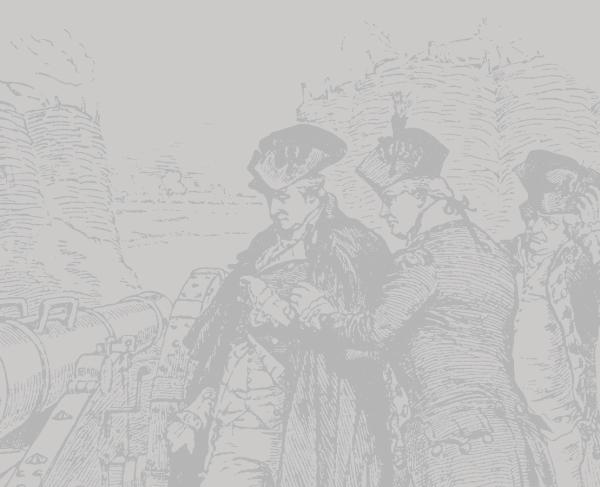George Mason Describes the State of the Revolutionary War

Mason describes the fighting in South Carolina and Virginia.
Your Brother William writes you by this opportunity. He returned some time ago from South Carolina, where he commanded a company of volunteers, 70 fine young hellions from this country. He had a rough campaign of it and has acquired the reputation of a vigilantly good officer and I think is greatly improved by the exhibition. Your brother Thomson has lately returned from a Tour of Militia Duty upon James River [in Virginia], he commanded a platoon, in a pretty close action at Williamsburg & behaved with proper coolness and Integrity. He is now from home, or would have wrote to you.
I have written you very fully lately, upon domestic subjects; but am not able to give you any agreeable public news. Our affairs have been for some time growing from bad to worse. The enemy's fleet commands our Rivers, & puts it in their power to remove their Troops from place to place, when, & where...without opposition, so that we no sooner collect a Force sufficient to counteract them in one part of the country but they shift to another, ravaging, plundering, & destroying everything before them. Our Militia turn out with great Spirit, & have in several late Actions, behaved bravely, but they are badly armed & appointed.
General [Nathanael] Greene, with about 1200 regular Troops & some militia is in South Carolina, where he has taken all the Enemy's Posts, except Charles Town [Charleston]. The Enemy's capital object, at this time, seems to be Virginia. General Philips died lately in Petersburg upon which the Command of the British Troops there devolved upon [Benedict] Arnold, but Lord Cornwallis, quitting North Carolina has since joined Arnold with about 1200 Infantry & 300 Horse, & taken the chief command of their Army in Virginia, now consisting of about 5000 men; they have crossed James River....their light horse having advanced as far as Hanover Court House...& have plundered great part of the adjacent Country. The Marquis de la Lafayette is about twenty miles below Frederickburg, with about 1200 regulars & 3000 Militia, waiting for he arrival of General Wayne, with about 15000 regular troops of the Pennsylvania line. We have had various Accounts of the sailing of the French Fleet, with a Body of Land forces for America; should they really arrive, it would quickly change the face of our Affairs, & infuse fresh Spirits & Confidence; but it has been so long expected in vain, that little credit is now given to Reports concerning it. You know, from your own Acquaintance in this part of Virginia, that the Bulk of the People here are staunch Whigs, strongly attached to the American Cause, & will assent to the French Alliance yet they grow uneasy & restless & begin to think that our Allies are spinning out the war, in order to weaken America, as well as Great Britain, and thereby leave us, at the end of it, as dependent as possible upon themselves [This distrust of France led the United States to sign a separate peace with Britain at the end of the Revolution]. However unjust this opinion may be, it is natural enough to farmers & planters, burdened with heavy Taxes, & frequently drag'd from their Familys upon military Duty, on the continual Alarms occasioned by the Superiority of the British Fleet. They see their Prosperity daily exposed to Destruction; they see with what Facility the British Troops are removed from one part of the Continent to another, and with what infinite.... Fatigued ours are, too late, obliged to follow, and they see too, very plainly, that a strong French Fleet might have prevented all this. If our Allies had a superior Fleet here, I should have no doubt of a favourable issue to the war; but without it I fear we are deceiving both them & ourselves, in expecting we shall be much longer able to keep our people firm in so unequal an opposition to Great Britain.
France surely intends the Separation of the States for ever from Great Britain; but by drawing out the thread too fine & long, it may unexpectedly break in her Hands.
God bless you, my dear child! and grant that we may meet again in your native Country, as Freemen; otherwise, that we may never see each other more, is the Prayer of Your affectionate Father.

